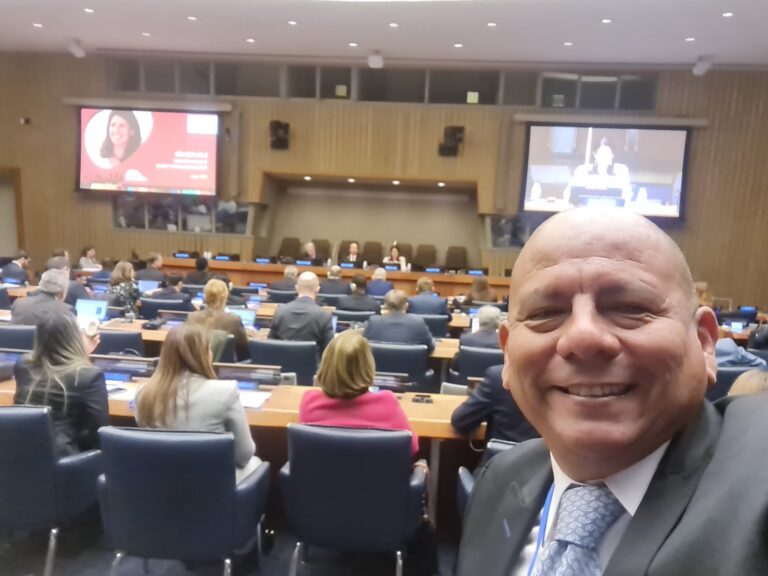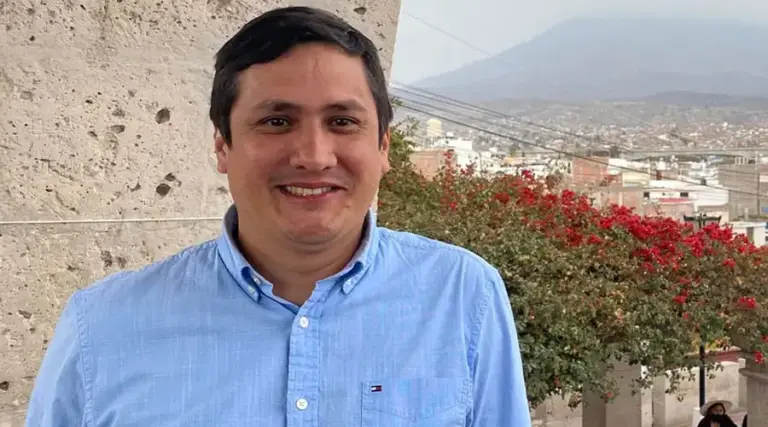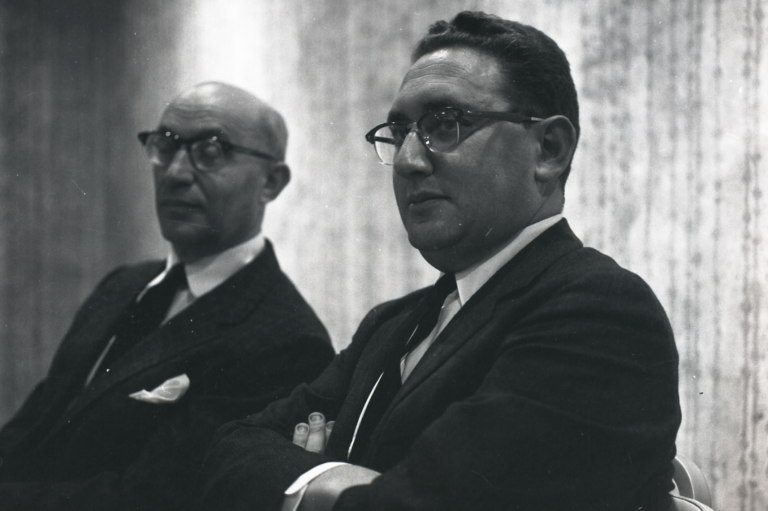It is very important to say that before the tubal ligation, it was very difficult for me to conceive children because of hormonal problems. I took pills to regulate my menstrual cycle and for fertility, and so became pregnant.
On 23 April 1996, I went to a private clinic. I had been having spotting, but did not think it very important because there was very little blood. I was at 32-33 weeks of pregnancy. Then, since I was on Social Security, I preferred to go to the hospital, and the doctor transferred me there. I did not have any family members with me, but went with a friend. An obstetric nurse in training admitted me. She told me to wait for the intern, who would be coming down. I told the intern my situation, that I had a great deal of pain. During that time, I was in great pain. The nurse asked “How many children do you have?” I responded “This is the third,” and she said, “Are you going to be sterilized?” I didn’t answer, because I wasn’t interested, and was feeling great pain.
So they prepared to operate on me. The intern asked, “Do you have any family here?” “No,” I responded, and I signed without reading, because of the pain. They did a Caesarean on me. On the afternoon of the next day, when I wanted to see my child, they told me he was dead. The intern came with my doctor. I said, “I want to go home now,” The intern said, “She is very sad because her child died.” My doctor then said, “You will have another child,” to help calm me down. But I heard the intern whisper, “No, she is ligated.”
In the afternoon, the obstetric nurse on call came in to take my blood pressure. I said, “Please, they say that I have been sterilized’?” She went to find the intern, and he said, “Yes, they performed a ligation on the lady.” Later, the intern came and said, “Forgive me for what has happened. I feel guilty.”
I left on the third day. I felt completely defeated, depressed about never having more children, and went to see a psychiatrist to overcome the depression. And I still have faith that I may one day have more children.
It’s rare for a case like mine to come to light, even though I know my rights. But if it was so difficult for me, living in the city, where there is help available, and education, to make a formal complaint, it is seven times harder for the poor people in the countryside to lodge complaints, because they do not know their rights.










